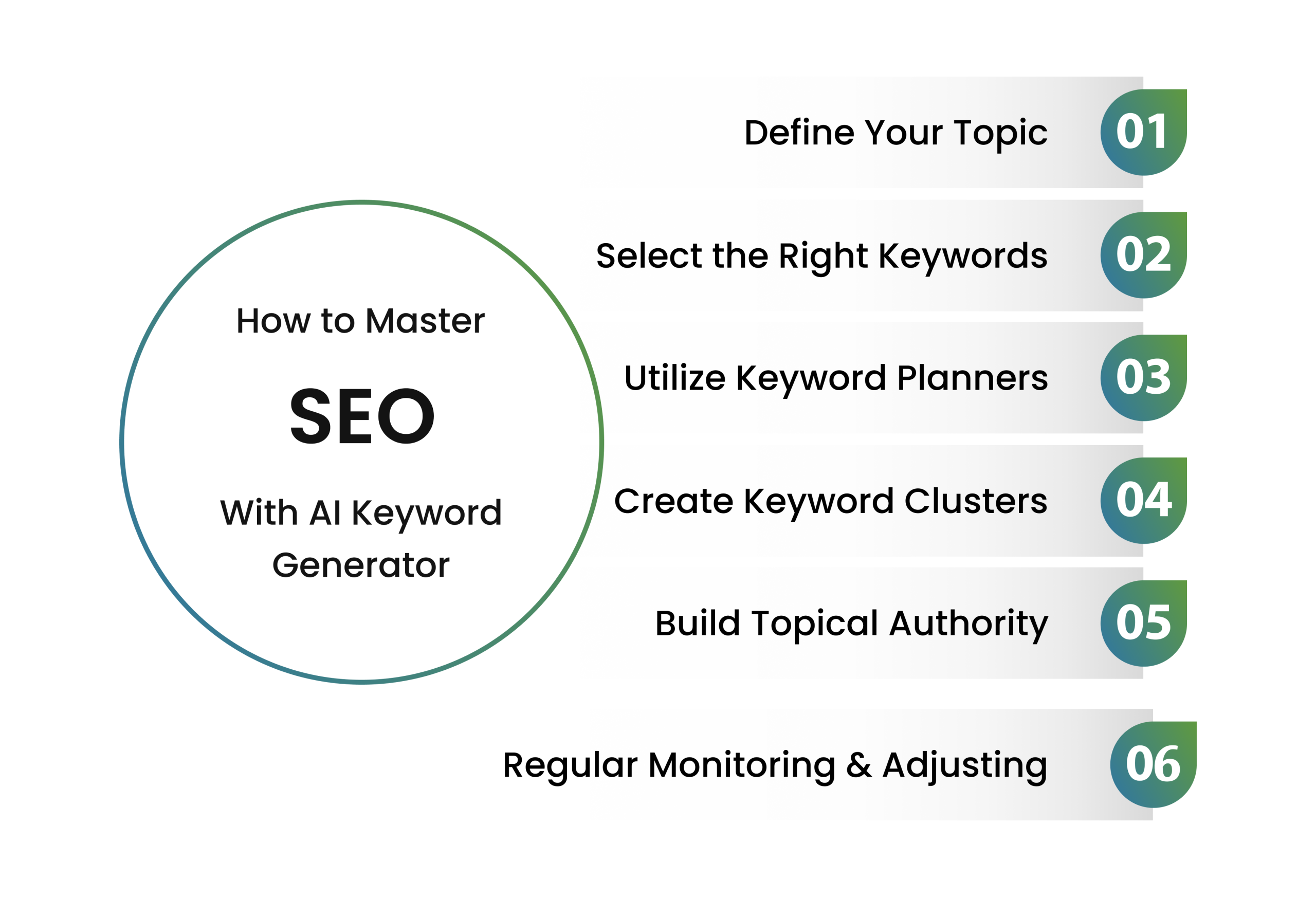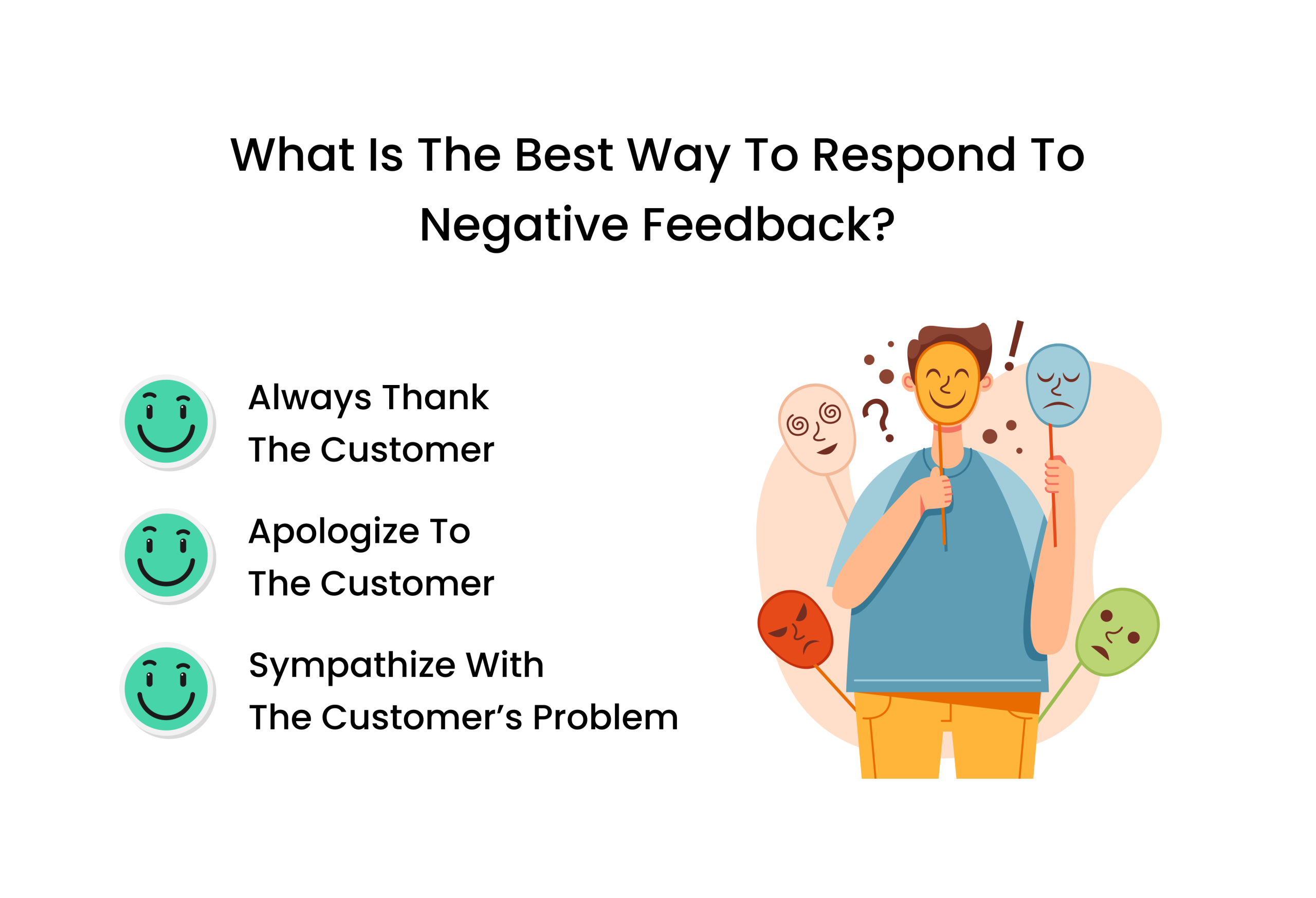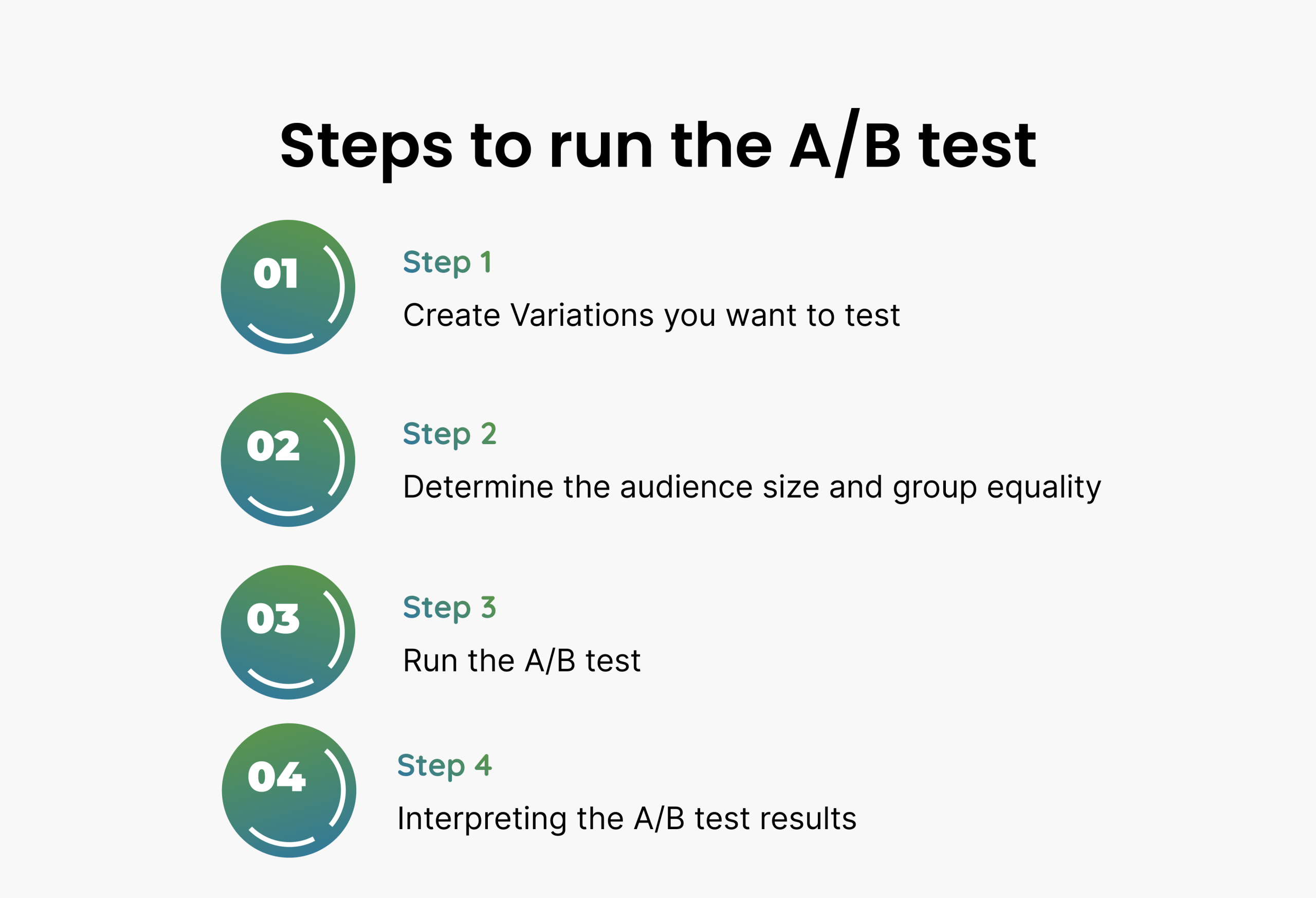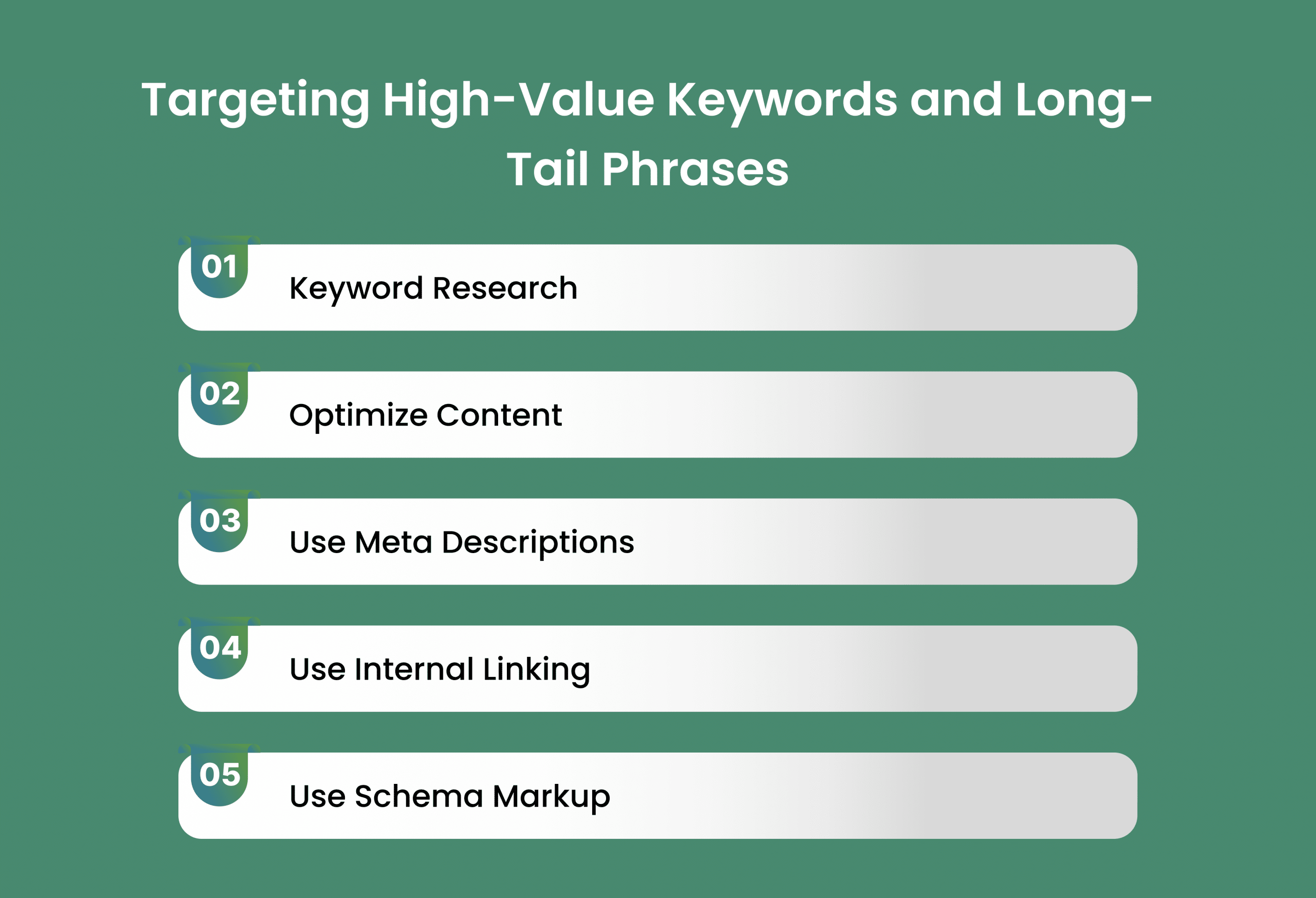AI-powered App store optimization has become a trending topic these days. And that’s because AI has opened a new realm of app marketing. Here, we’ll explore the important role of AI in marketing mobile apps. Let’s learn about how it may improve app store exposure, user engagement, and income in this post.
The world of app marketing is always changing. Therefore, it’s crucial to stay ahead of the competition. AI has revolutionized app marketing by providing new ways to reach users and increase app downloads. Marketers may use AI algorithms and machine learning to make data-driven choices, automate tedious operations, and target the right audience.
Using AI-Powered Promotional Tools for Apps
AppsFlyer, App Radar, and other AI-powered solutions are becoming essential for app marketers. Automating review answers, boosting conversion rates, and proposing relevant keywords are just a few of the many features offered by these programs. We’ll take a look at how these technologies may improve the efficiency and effectiveness of app marketing.
Optimizing keywords using AI
To succeed in the cutthroat world of mobile app marketing, you need to carefully consider which keywords to use. Using the correct keywords is crucial to your app’s exposure in app stores. It’s important to know how AI influences keyword selection, mobile app optimization, and app ranking.

AI-Generated Suggestions for Keywords
Due to the time and effort required, traditional keyword research often returns a small set of relevant results. But artificial intelligence has changed the game when it comes to optimizing apps for app stores. App Radar and AppFollow are two AI-powered initiatives that provide a wealth of keyword ideas.
Making use of AI systems
Artificial intelligence systems sift through mountains of data, such as competing applications and user search queries, to provide an exhaustive inventory of possible phrases. These algorithms choose appropriate keywords by analyzing factors like search traffic, competitiveness, and how well they fit your app.
Making keyword research easier
App marketers may tap into AI’s data-backed ideas for keywords instead of relying on human brainstorming. Doing so not only saves time, but also guarantees that you capitalize on potentially neglected yet very lucrative keywords.
Examining search terms for relevance
The first stage is to compile a lengthy list of keywords. Finding the best keywords to describe your app is the next obstacle. AI goes beyond only generating keywords; it also assists in filtering and refining your keyword list.
AI-Powered Scoring of Relevance
App category, user intent, and search patterns are some of the criteria that AI algorithms utilize to determine a keyword’s relevancy score. To better choose terms that will boost organic app exposure, this grading approach is useful.
Using Data to Support Decisions
AI takes the guesswork out of it. It gives you data-driven advice on which keywords may be the most fruitful. With this method, you may improve your ASO strategy and make well-informed judgments.
Creating an efficient system of keywords
The next stage, after compiling a list of keywords, is to arrange them in an efficient manner. To get the most out of your keyword system, AI can help you structure it in this way.
Classifying Keywords
When it comes to purpose or relevance, AI systems may automatically organize keywords into categories. You may use these clusters of keywords to improve your app’s title, subtitle, and description, among other parts of its listing in the app store.
Tracking and refining
There is no end to the process of optimizing for keywords. As trends shift or new phrases appear, AI can constantly track keyword performance and recommend tweaks. Doing so will keep your software visible and competitive in a market that is always changing.
To sum up, AI has completely changed the game when it comes to choosing keywords for app store optimization. When it comes to creating, reviewing, and optimizing keyword ideas, as well as constructing an efficient keyword strategy, AI-driven solutions are essential for contemporary app marketers. A deeper dive into AI’s function in in-app advertising is forthcoming in the next chapters.
Efficiently scheduling review responses
When it comes to the cutthroat world of mobile app development, nothing is more important than user evaluations. Nevertheless, it could take a lot of time to manage and respond to all of these critiques. In order to make your app’s users feel appreciated and acknowledged, this chapter explores how AI may automate the process of assessing answers.
Getting in touch with Apple’s Review API
Your app’s ability to automate review replies depends on how well it integrates with the platforms that list it. One way to get to the App Store reviews and reply to them is using Apple’s Review API.
An Automated Revolution
App developers may automate the retrieval of user reviews, both positive and negative, by interacting with Apple’s Review API. Without regard to the time of posting, this automation guarantees that no review will go overlooked.
Scheduling and Organization
In order to guarantee that consumers get timely answers, an AI-driven system may schedule review responses. The ability to sort and arrange these replies further facilitates the resolution of certain problems.
Efficiently managing reviews
It may be quite a challenge to manually manage user reviews, particularly for applications that have a large user base. From detecting negative reviews to creating customized answers, AI takes over to make the whole process more efficient.
Analyzing Sentiment
When it comes to determining the tone of a review—whether favorable, negative, or neutral—artificial intelligence algorithms really shine. Apps are able to reply quickly to negative reviews because of this classification.
Automated Responses
Artificial intelligence can automatically respond to frequently mentioned review concerns by identifying the problem and providing a remedy. This guarantees that all communications are consistent while also saving time.
Using AI to increase user engagement
Review answers driven by AI have the potential to increase user engagement in more ways than one.
Personalization
Artificial intelligence can tailor its answers to each user based on what they say. If a user often brings up a certain feature, for example, the AI may adjust its replies to focus on any new or improved versions of that feature.

Language Support
App reviews emerge in several languages as they become widespread. You can reach more people with your app’s assistance, thanks to AI’s language processing skills. It can react to reviews in several languages.
Review Responses in Multiple Languages
It is crucial to reach customers from varied language backgrounds in order to succeed in the international app industry. Let’s delve into the ways AI may address the issue of reviewing answers in several languages, facilitating successful communication and involvement regardless of geographical location.
Using AI to Break Down Language Barriers
When communicating with people all around the globe, language may be both an asset and a liability. In order to overcome these obstacles, AI-powered language translation and understanding skills are crucial.
Automated Translation
Algorithms powered by artificial intelligence can quickly convert feedback from users written in different languages into a format that app developers can understand. Developers can understand comments in the language they desire.
Multilingual Support
There is no language barrier when it comes to AI. With its multi-language support, it’s easy to notice and respond to customer evaluations.
Personalizing Responses for Multiple Languages
To communicate effectively, one must be fluent in both the target language and the cultural norms and preferences of the other person. AI is capable of adapting its answers to various cultural and linguistic contexts.
Being Culturally Attuned
It is possible to train AI to be sensitive to other cultures and respond appropriately and politely.
Individualized Approaches
Users may customize their experience by having responses adjusted to their language and cultural preferences.
Maintaining Uniformity of Expression
Establishing trust and credibility requires consistency. AI makes sure that replies don’t change over time or across languages.
Response Templates
No matter the language, developers can create response templates that always fix the most prevalent problems.
Style and tone
By learning from user preferences across locations, AI may tailor its replies to suit local dialects and idioms.
Why Buying Reviews Can Be Risky
Amidst the cutthroat world of app marketing, the temptation to buy reviews to improve your app’s reputation is strong. Let’s explore the possible risks of this method, showing why buying reviews may not be the best choice.
Why People Want to Buy Reviews
To fully grasp the risks involved, one must first comprehend the incentives that lead certain app developers to purchase reviews.
Quick Visibility
Your app’s exposure will immediately increase after purchasing favorable reviews, which might lead to an increase in customer acquisition.
Gain an edge over the competition
Your app may stand out in the competitive app marketplace with positive ratings.
Ranks in the App Store
Apps with more stars and favorable reviews are easier to find in the app store.
Is it a good idea to buy reviews?
Although there may be some immediate gratification, there are a number of serious drawbacks to purchasing reviews.
Moral Considerations
App stores have ethical standards that users should follow, and fake reviews go against those standards.
Reliability of Users
Users are starting to be pickier. Reviews that seem too good to be true might damage reputations and confidence.
Penalties for App Stores
There are serious consequences for app developers who post false reviews since app shops are catching on to the problem.
Different Approaches to App Development
Instead of using dubious methods, think about other ways to increase your app’s popularity and credibility.
Organic Growth
Pay close attention to marketing, ASO, and user engagement tactics that aim to acquire real users.
Review incentive programs
Offer premium features or in-app cash as incentives for actual users to submit reviews.
Respond to feedback
Interact with consumers and resolve their issues. It is possible to change things around by responding positively to bad evaluations.

Although it may be enticing to buy reviews, the risks of doing so often exceed the rewards. Achieving lasting success in the competitive app industry requires a focus on ethics, sustainability, and the needs of users. In what follows, we’ll take a look at some better, more moral ways to boost your app’s profile.
The AI Review Responses Approved by Apple
It is vital in in-app marketing to get Apple’s permission for AI-powered review responses that adhere to their criteria. Let’s explore the complexities of learning Apple’s rules, getting API permission, and following their laws all while adopting AI-driven response best practices.
Getting to Know Apple’s Regulations
You must familiarize yourself with Apple’s regulations before you start applying AI to evaluate replies on their site. Privacy, authenticity, and the user experience are three things that Apple takes very seriously.
Approach Focused on the User
The happiness of its customers is Apple’s first priority. Instead of taking away from the user experience, AI replies should improve it.
Personal data security is critical
Take user privacy seriously. AI answers must respect users’ privacy and refrain from sharing any personal information.

Being genuine and forthright
Genuine experiences are highly esteemed by Apple. Artificial intelligence replies shouldn’t trick people into believing they’re talking to a real person.
Validation and compliance with APIs
You need to get Apple’s OK to use their API in order to include AI in your app’s review management. This requires getting the required rights, checking that your software conforms with Apple’s regulations, and submitting it for approval.
Submitting an Application
Get your app ready to submit by checking that it satisfies Apple’s requirements.
API Access
Outline the ways in which artificial intelligence will improve your review answers and apply them to using Apple’s Review API.
Ensuring Conformity
To make sure your app is in line with Apple’s regulations, they will evaluate it together with its AI-powered features.
How to Get the Most Out of AI-Powered Responses
After getting API clearance, the next step is to make good use of review answers driven by AI. To be sure your answers are in accordance with Apple’s standards, use these best practices.
A language centered on users
Make sure to address user demands and offer them useful information in your reply.
Using AI openly
Be forthright and let people know when AI generates a response.
Constant Development
To keep up with customer input and preferences that change over time, evaluate and adjust AI replies often.
You can improve your app’s review management and user experience with AI by following Apple’s regulations, getting API clearance, and using best practices.
AI to optimize conversion rates
Keeping up with the ever-changing app marketing landscape requires constant optimization of your app’s conversion rates. To do this, artificial intelligence is crucial, since it helps you draw in individuals and turn them into devoted consumers.
How AI Affects Conversion Rates
Improving the percentage of app visitors who become active users is known as conversion rate optimization (CRO). By offering insights and the ability to automate, AI has completely transformed this process, leading to a dramatic increase in conversion rates.
Making Decisions Based on Data
AI sifts through mountains of data in search of patterns in user actions, preferences, and problems, paving the way for judgments based on hard evidence.
Modification for Individual Needs
With the use of AI, we can customize our suggestions, content, and features for each user, which in turn increases our conversion rates.
The Automation of A/B Testing
Artificial intelligence can automate split testing, allowing you to see which versions perform better in terms of conversion rates.

Selecting Initial Keywords and Conversion
Keywords connect prospective app users to your app. To get more targeted visitors and higher conversion rates, AI-powered keyword selection is a must-have.
Thorough investigation of keywords
With the help of AI, you can find the most effective terms for your app by doing extensive keyword research.
Relevance of Keywords
To boost user engagement, AI can help you choose keywords that are related to the content of your app.
Examining the competition
With the help of AI, you may examine the keyword strategy of your rivals and find openings and weaknesses.
Continuous review for enhancements
Improving your conversion rate isn’t something you do once and then forget about. Here, AI really shines because of its built-in optimization and monitoring features.
Analytics in real-time
You can swiftly adjust strategy with the help of AI, which provides real-time insights about user interactions.
Big Data and Forecasting
You can keep ahead of optimization efforts with the aid of AI, which can forecast future trends and user behaviors.
Iterative Improvements
In order to optimize conversion rates, AI-driven optimization is iterative, meaning it is always testing and refining.
Always keep in mind that the goal of using AI for conversion rate optimization is to draw in consumers and keep their attention while you explore this realm. To make sure your app performs highly and turns users into loyal customers, you should utilize the tactics and insights given in this chapter as a solid basis for your app marketing journey.
Measuring Earnings with Targeted Search Terms
Knowing how much money you’ll make or lose is crucial in the cutthroat world of app marketing. A smart method that yields priceless data for well-informed marketing campaigns is tracking income by certain keywords.
Reasons Why Revenue Attribution is Crucial
Maximizing income is another goal of effective app marketing, in addition to increasing downloads. To do this, you must assign monetary values to each keyword; this information is crucial for fine-tuning your advertising campaigns.
Gaining insight into how users engage
The impact of keywords on user behavior and purchase choices may be better understood by tracking income by keywords.
Analysis of the Return on Investment
Make smart use of your marketing money by calculating the return on investment (ROI) for each term.
Researching valuable keywords
The best way to maximize your investment is to zero in on the keywords with the highest potential return on investment (ROI).

Tracking Revenue Through Keywords with Tenjin
Tenjin is a robust platform that allows app marketers to monitor income based on targeted keywords. Several of its features make income attribution easy and provide useful insights.
App Store Integration
By integrating with the most popular app stores, Tenjin gives you immediate access to revenue statistics.
Discrete Monitoring
You can precisely assign income to certain keywords with its comprehensive monitoring.
Analyzing a Cohort
You may learn about the income contributions of various user groups with the use of Tenjin’s cohort analysis.
Data for Well-Informed Advertising Campaigns
Revenue tracking by particular keywords goes beyond simple data collection; it aims to derive actionable insights.
Keyword Efficiency
Prioritize your ASO approach based on the terms that provide the most income.
Segmenting Users
Create distinct groups of people to target with ads that are relevant to their keyword engagements.
Budget Allocation
Prioritize keywords that generate a large amount of money to make the most of your marketing budget.
Using revenue monitoring with precise keywords may take your app marketing from a guessing game to a data-driven plan. Making educated judgments, optimizing income, and maintaining a competitive edge in the app market are all possible with this method.
Wrapping up
As we come to the end of our in-depth look at AI-powered app store optimization (ASO), it’s important to review the main points, think about the importance of using AI for in-app marketing, and see where AI-driven app promotion is going.

